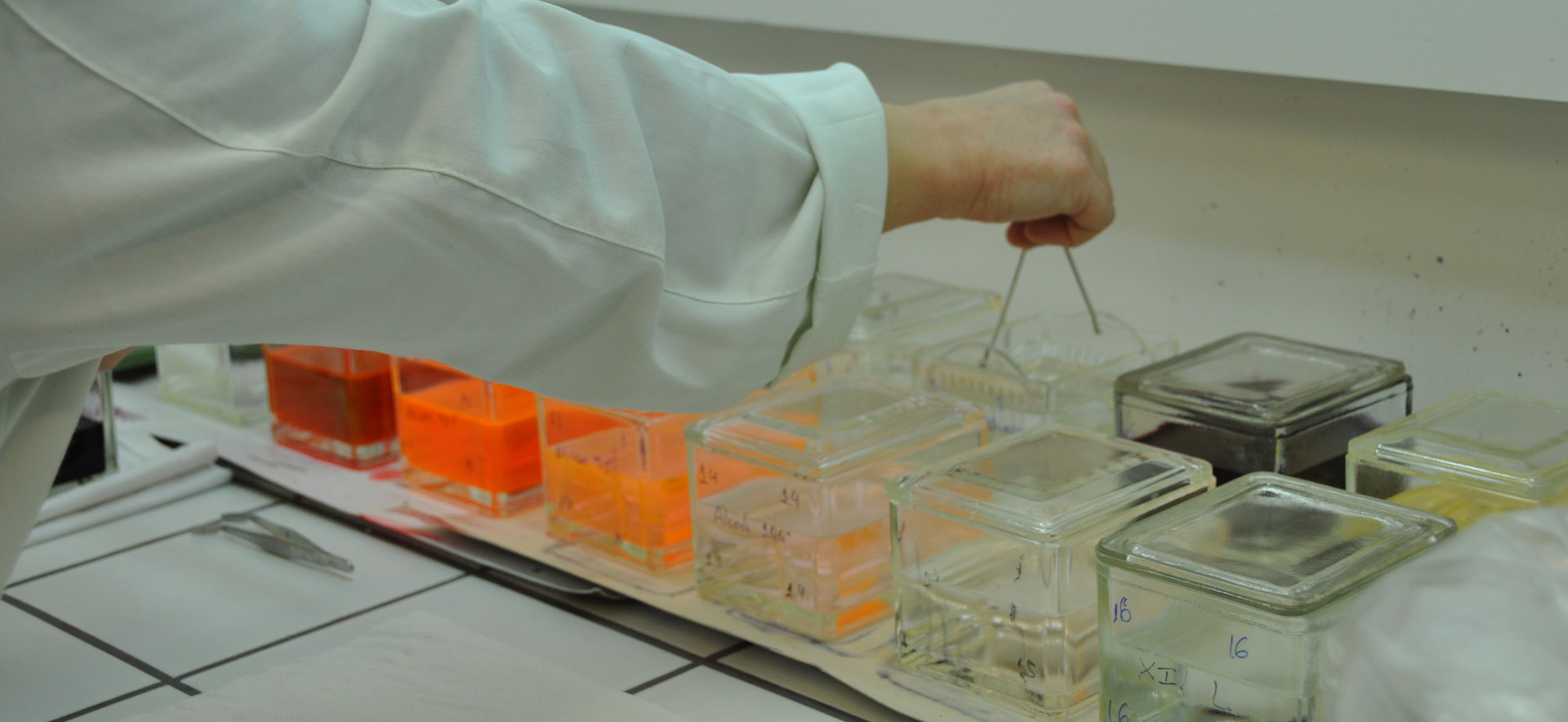Scientific Cooperation Networks
The AED Cluster Portugal (AEDCP) is the Portuguese Cluster for the Aeronautics, Space and Defence industries and was established in 2016 as a non-profit organisation. In 2017 it was officially recognised by the Portuguese government as an “Emerging Competitiveness Cluster”.
The AEDCP has more than 70 members established in Portugal and gathers the main Portuguese stakeholders of the three sectors, who share important synergies in various industrial, research and engineering areas. It is a one-stop-shop and entry point for national and international entities with market interest in these industries.
The ANCV (National Green Roofs Association) is a non-profit, non-governmental organisation that aims at promoting green infrastructures in the cities, especially those that can be set up in buildings (whether existing or new) such as green roofs, highlighting their enormous importance and numerous contributions to making healthy, sustainable, biodiverse and resilient urban territories.
The main objective of CIICLAA is to promote applied research in the areas of Environmental Geosciences in the CPLP and in other African countries, in particular those relating to climate changes, mitigation and adaptation measures in various sectors, namely water and marine resources, environment, agriculture and natural disasters, in articulation with public services, universities, research institutions and other private and public entities.
The Portuguese Water Partnership (PPA) is a network of entities that aims to develop synergies and maximise the potential for developing the water sector in the world, promoting the construction and consolidation of alliances and partnerships among national institutions and all nations committed to the sustainable use of water and the enhancement of water resources.
The PRIMA partnership bases its work on the food and water systems and the following pillars: sustainable water management in Mediterranean arid and semi-arid regions; sustainable agricultural systems; and the food value chain in regional and local Mediterranean development.
Established in 2016, the mission of the Portuguese-Speaking Countries Academic Health Sciences Network is to “promote scientific training and cooperation in health sciences among higher education institutions and research centres of Portuguese-speaking countries and communities ”. It covers more than 90,000 students and 4,500 teachers from seven Portuguese-speaking countries.
The Mediterranean Universities Union is an association of universities from Mediterranean basin countries whose aim is to promote research and training in the Euro-Mediterranean region to contribute to the scientific, cultural, social and economic cooperation in the field of tangible and intangible heritage, economy, energy, environment, water resources, transport, health, new technologies, history and tourism.


























